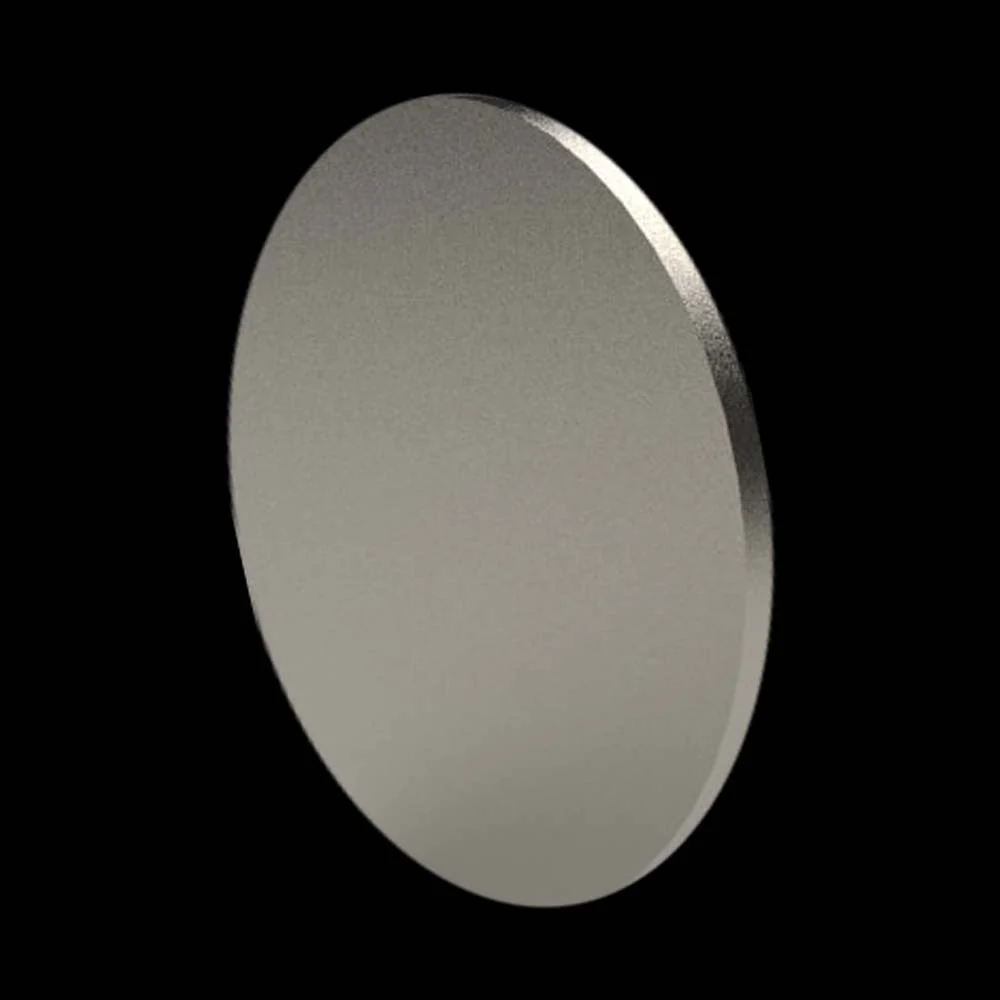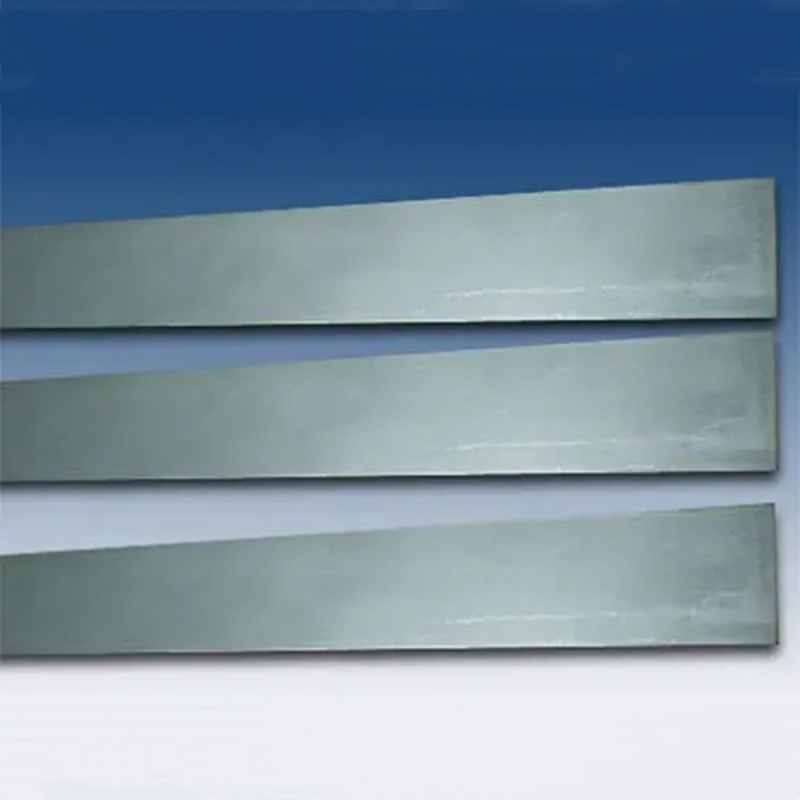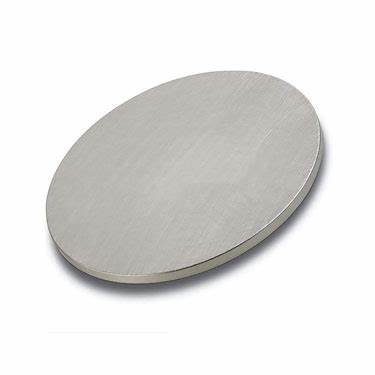GH4133 High-Temperature Alloy is a nickel-based superalloy known for its outstanding thermal stability, oxidation resistance, and exceptional mechanical strength. Widely used in aerospace, power generation, and high-temperature industrial applications, this alloy is ideal for turbine components, combustion chambers, and other critical parts exposed to extreme thermal environments.
Product Overview
GH4133 is an age-hardened nickel-based high-temperature alloy composed primarily of nickel, molybdenum, and aluminum, with about 68% nickel content. This alloy is an optimized version of GH4033, featuring a finer, more uniform grain structure and enhanced overall performance. GH4133 exhibits excellent yield strength, creep resistance, and fatigue performance, making it ideal for high-temperature, high-strength applications. The alloy also offers good thermal and cold working properties, making it easy to form and suitable for a wide range of applications in extreme environments.
Key Features
- Excellent Overall Performance: Compared to GH4033, GH4133 has a more uniform, fine-grained structure, increased yield strength, and better creep and fatigue resistance.
- Good Thermal and Cold Processing Properties: The alloy performs well in both hot and cold working processes, making it suitable for various forming techniques.
- High-Temperature Strength: GH4133 maintains high strength and stability under high-temperature conditions, making it ideal for long-term high-temperature service.
- Easy Formability: This alloy has good formability, making it suitable for manufacturing components with complex shapes.
Applications
- High-Temperature Alloy Master Alloys: Widely used in the production of high-temperature alloy master alloys.
- Corrosion-Resistant High-Temperature Alloys: Suitable for manufacturing corrosion-resistant high-temperature alloys in forms such as plates, rods, wires, strips, tubes, and forgings.
- High-Strength, Corrosion-Resistant Components: Used in the production of high-strength, corrosion-resistant components such as bars, spring wires, welding wires, and plates.
- Glass Corrosion-Resistant Products: Ideal for manufacturing high-temperature alloys that resist corrosion from glass.
- Hard Surface Wear-Resistant Alloys: Suitable for producing high-temperature alloys with wear-resistant and corrosion-resistant hard surfaces.
| C | Cr | Ni | Al | Ti | Si | P | S |
| ≤0.07 | 19.0-22.0 | Allowance | 0.7-1.2 | 2.5-3.0 | ≤0.65 | ≤0.015 | ≤0.007 |
| Cu | Bi | Fe | Nb | B | Ce | Mn | Sn |
| ≤0.07 | ≤0.001 | ≤1.5 | 1.15-1.65 | ≤0.01 | ≤0.01 | ≤0.35 | ≤0.0012 |
| Sb | Pb | As | |||||
| ≤0.0025 | ≤0.001 | ≤0.0025 |
Submit Your RequirementsWe will contact you within 24 hours.
 WOBO Scientific Research New Materials One-Stop Service Platform
WOBO Scientific Research New Materials One-Stop Service Platform










